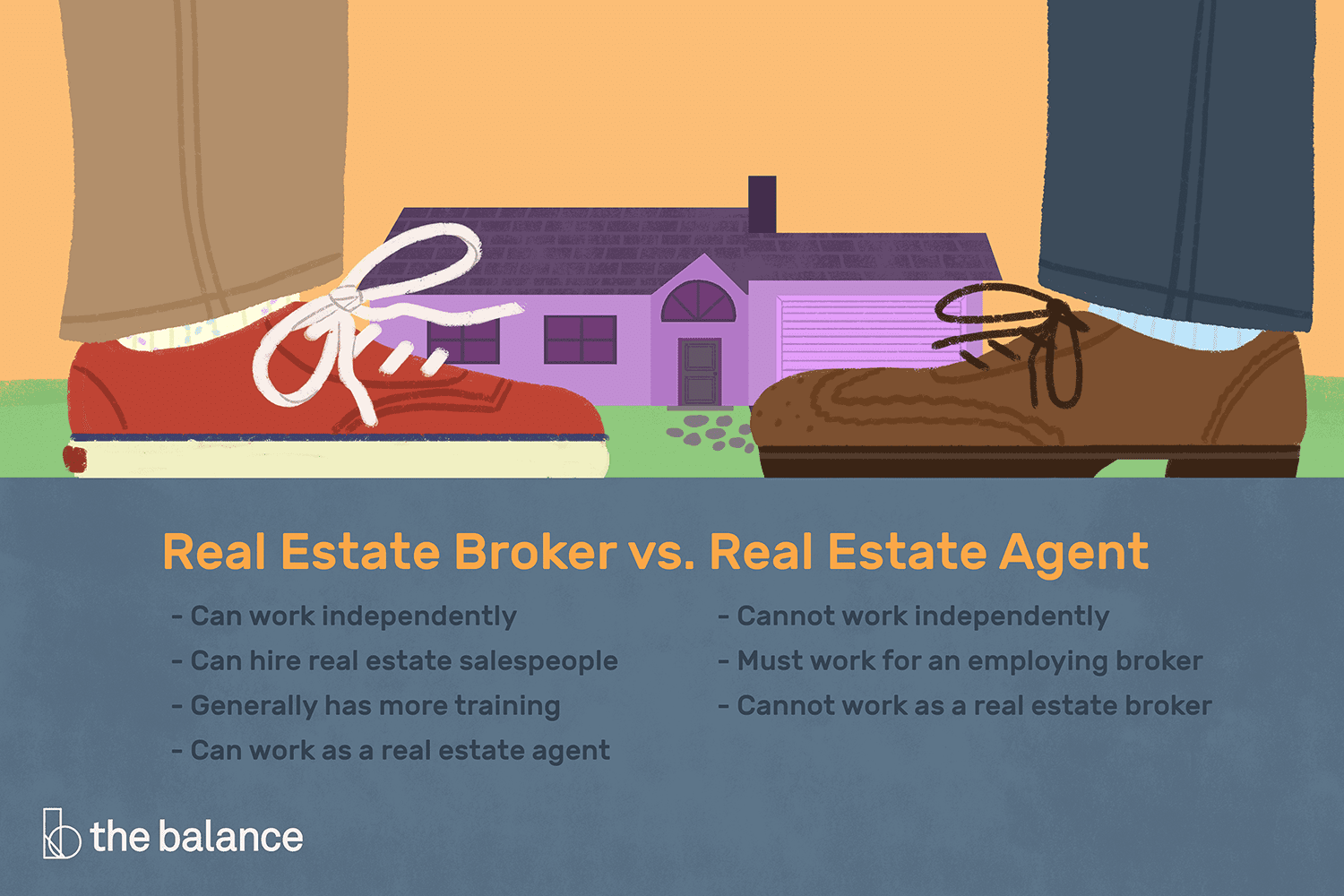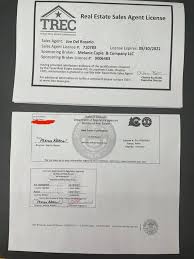
A pre licensing course in real estate is an educational program designed to teach you the skills necessary to work as a real estate agent. This includes courses in finance and real estate law. It can also help you pass the real estate license exam and earn your real estate license. It can take many months to complete so it is important to make the right decision for you.
Real Estate Pre License Education
There are many options for completing a realty prelicense course, including online and classroom classes. A school must meet the requirements of the state and be accredited by the Real Estate Commission. You should also look at the instructors and curriculum to ensure you get what you need.
Some schools offer extras, too, such as post-licensing classes and helpful marketing materials. The best real estate school can help get you started, grow your company, and keep up with industry developments.

Online Pre Licensing Courses New York
In order to get your New York State real estate license, you must complete 77 hours of educational material from a NYS Department of State approved company. This package includes all necessary pre-license education. You will also receive a free real property math course.
Colibri Real Estate formerly known in New York as Real Estate Express provides a number pre-licensed online real estate classes in several states. ARELLO & IDECC both accredited the company, and their courses were approved by New York Department of State.
There are four packages available, and all start at $329. These include the New York realty license pre-licensure course that lasts 77 minutes, as well as two hours of implicit biased training and three realty ebooks. You can either go at your own pace and/or work with a coach.
The company is a leading provider of online real estate education in the United States. They have strong credentials for providing high quality education and are approved by New York State.

Kaplan's Career Launcher Package includes access to a Dale Carnegie course, which can help you win clients and influence others. This course is an excellent addition to a prelicensing program and can help your success in real estate as well as personal life.
Taking a pre-license course is one of the most important steps you'll take to start your career as a real estate agent. You will learn the skills that you need to succeed and you can gain an edge over agents who don't take the time to prepare.
Some of the biggest names in real estate are among the top choices for pre-licensing courses in New York. These companies have years of experience and can meet your needs. They are also frequently accredited by the Real Estate Commission. This means that you can rest assured that your money goes towards education and licensing.
FAQ
What should you think about when investing in real property?
First, ensure that you have enough cash to invest in real property. If you don’t have the money to invest in real estate, you can borrow money from a bank. It is also important to ensure that you do not get into debt. You may find yourself in defaulting on your loan.
It is also important to know how much money you can afford each month for an investment property. This amount must be sufficient to cover all expenses, including mortgage payments and insurance.
Finally, ensure the safety of your area before you buy an investment property. It would be a good idea to live somewhere else while looking for properties.
What are the top three factors in buying a home?
The three main factors in any home purchase are location, price, size. The location refers to the place you would like to live. Price refers to what you're willing to pay for the property. Size is the amount of space you require.
Should I rent or own a condo?
If you plan to stay in your condo for only a short period of time, renting might be a good option. Renting will allow you to avoid the monthly maintenance fees and other charges. A condo purchase gives you full ownership of the unit. You can use the space as you see fit.
What are the benefits of a fixed-rate mortgage?
Fixed-rate mortgages guarantee that the interest rate will remain the same for the duration of the loan. You won't need to worry about rising interest rates. Fixed-rate loans offer lower payments due to the fact that they're locked for a fixed term.
What is a Reverse Mortgage?
A reverse mortgage lets you borrow money directly from your home. It allows you to borrow money from your home while still living in it. There are two types to choose from: government-insured or conventional. Conventional reverse mortgages require you to repay the loan amount plus an origination charge. FHA insurance will cover the repayment.
Statistics
- This seems to be a more popular trend as the U.S. Census Bureau reports the homeownership rate was around 65% last year. (fortunebuilders.com)
- Based on your credit scores and other financial details, your lender offers you a 3.5% interest rate on loan. (investopedia.com)
- The FHA sets its desirable debt-to-income ratio at 43%. (fortunebuilders.com)
- 10 years ago, homeownership was nearly 70%. (fortunebuilders.com)
- This means that all of your housing-related expenses each month do not exceed 43% of your monthly income. (fortunebuilders.com)
External Links
How To
How to manage a rental property
Although renting your home is a great way of making extra money, there are many things you should consider before you make a decision. These tips will help you manage your rental property and show you the things to consider before renting your home.
If you're considering renting out your home, here's everything you need to know to start.
-
What factors should I first consider? Consider your finances before you decide whether to rent out your house. If you are in debt, such as mortgage or credit card payments, it may be difficult to pay another person to live in your home while on vacation. Your budget should be reviewed - you may not have enough money to cover your monthly expenses like rent, utilities, insurance, and so on. ), it might not be worth it.
-
How much is it to rent my home? There are many factors that go into the calculation of how much you can charge to let your home. These factors include the location, size and condition of your home, as well as season. It's important to remember that prices vary depending on where you live, so don't expect to get the same rate everywhere. Rightmove estimates that the market average for renting a 1-bedroom flat in London costs around PS1,400 per monthly. If you were to rent your entire house, this would mean that you would earn approximately PS2,800 per year. This is a good amount, but you might make significantly less if you let only a portion of your home.
-
Is it worth it? It's always risky to try something new. But if it gives you extra income, why not? You need to be clear about what you're signing before you do anything. Your home will be your own private sanctuary. However, renting your home means you won't have to spend as much time with your family. Before signing up, be sure to carefully consider these factors.
-
Are there any benefits? There are benefits to renting your home. There are plenty of reasons to rent out your home: you could use the money to pay off debt, invest in a holiday, save for a rainy day, or simply enjoy having a break from your everyday life. No matter what your choice, renting is likely to be more rewarding than working every single day. You could make renting a part-time job if you plan ahead.
-
How can I find tenants After you have decided to rent your property, you will need to properly advertise it. You can start by listing your property online on websites such as Rightmove and Zoopla. After potential tenants have contacted you, arrange an interview. This will help you assess their suitability and ensure they're financially stable enough to move into your home.
-
What can I do to make sure my home is protected? If you are worried about your home being empty, it is important to make sure you have adequate protection against fire, theft, and damage. You will need insurance for your home. This can be done through your landlord directly or with an agent. Your landlord will typically require you to add them in as additional insured. This covers damages to your property that occur while you aren't there. If you are not registered with UK insurers or if your landlord lives abroad, however, this does not apply. In such cases, you will need to register for an international insurance company.
-
You might feel like you can't afford to spend all day looking for tenants, especially if you work outside the home. However, it is important that you advertise your property in the best way possible. Make sure you have a professional looking website. Also, make sure to post your ads online. It is also necessary to create a complete application form and give references. Some people prefer to do everything themselves while others hire agents who will take care of all the details. Interviews will require you to be prepared for any questions.
-
What happens once I find my tenant You will need to notify your tenant about any changes you make, such as changing moving dates, if you have a lease. Otherwise, you can negotiate the length of stay, deposit, and other details. While you might get paid when the tenancy is over, utilities are still a cost that must be paid.
-
How do I collect rent? When the time comes for you to collect the rent you need to make sure that your tenant has been paying their rent. If not, you'll need to remind them of their obligations. Any outstanding rents can be deducted from future rents, before you send them a final bill. You can always call the police to help you locate your tenant if you have difficulty getting in touch with them. They will not usually evict someone unless they have a breached the contract. But, they can issue a warrant if necessary.
-
How can I avoid potential problems? Although renting your home is a lucrative venture, it is also important to be safe. Ensure you install smoke alarms and carbon monoxide detectors and consider installing security cameras. You should also check that your neighbors' permissions allow you to leave your property unlocked at night and that you have adequate insurance. Do not let strangers in your home, even though they may be moving in next to you.